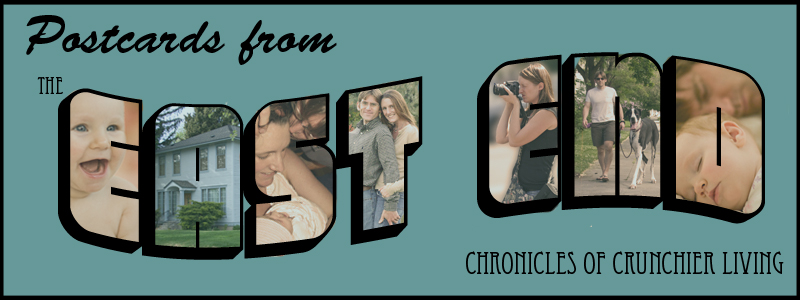The decisions we make for our daughter today may affect her for a lifetime in more ways than one, which, in my opinion, makes them some of the most important and far-reaching we will ever be faced with. And yet, it seems that many people are willing to put more time into researching vacation destinations or what car to buy than into questions like what to feed their children (and why) or whether or not to vaccinate them, and if so how (selectively? delayed? or according to the standard schedule?).
It’s easy to defer to other people with some authority – real or perceived – especially on such intimidating subjects. The pediatrician, the self-proclaimed “expert” author of a popular book, or even our parents might offer an easy answer. Certainly following their advice is convenient, and provides a sense of assurance that we made the “right” choice. But while other people can contribute valuable information to the analysis, ultimately the responsibility for decisions made for our daughter rests with me and my husband. It’s a responsibility we take seriously, and not one we’re willing to delegate.
That parenting should be a conscious and thoughtful process is very much a part of the AP philosophy. Every child is different, and there is no one-size-fits-all approach that will work for each of them. Accordingly, the principles of attachment parenting don’t prescribe specific techniques or conclusions for most issues parents must consider, but rather reminds them to educate themselves and make informed choices about what’s best for their children instead of simply accepting conventional parenting practices without question. My best AP friend and I may have ultimately made different decisions about which vaccinations our kids would receive - or whether they’d receive them at all - but both were made after careful consideration of our individual children and circumstances and with all the information we could reasonably collect. What’s important is not necessarily the final determination, but the thoughtful inquiry and awareness that led to it.
My husband and have been accused of over-thinking many of the decisions we make for our daughter; I’ve been known to plow through several sources on a subject before I’m ready to settle on a course of action (my personal parenting library definitely reflects which issues I struggle with the most). It’s been pointed out to me that “not everyone reads as much as you do.” True. But we’re not talking about curling up with a glass of wine and a good novel here. We’re talking about the choices we’re making for our child. Shouldn’t those merit a certain amount of attention from parents?
Originally posted at API Speaks, November 10, 2008.



No comments:
Post a Comment